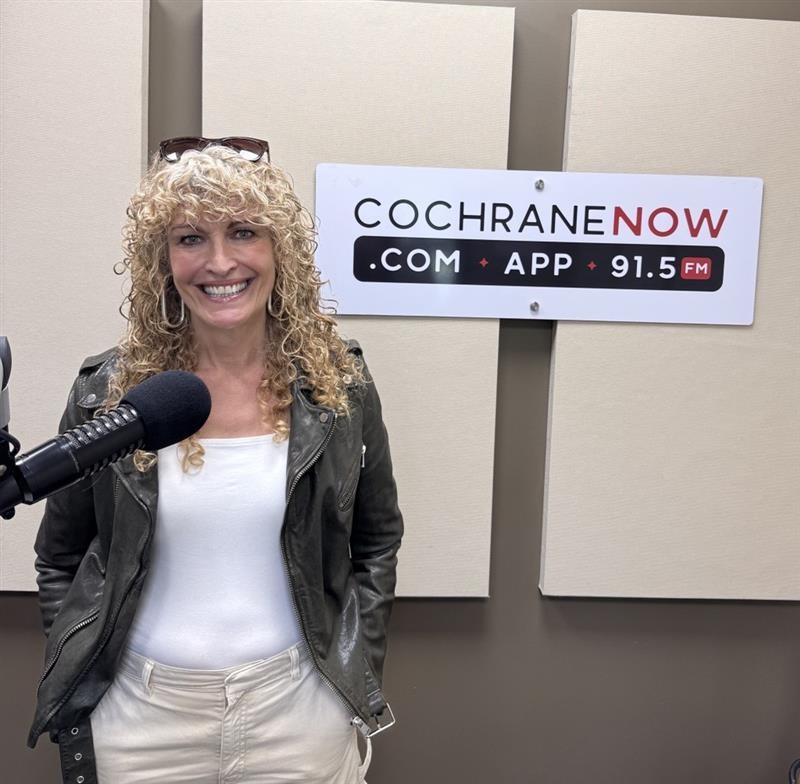In June, Cochrane RCMP responded to 25 cases involving family violence. A new initiative hopes to reduce that number by addressing the issue before it starts, through a unique, community-tailored strategy led by the University of Calgary’s Shift: The Project to End Domestic Violence.
Elizabeth Dozois, Researcher with Shift/UCalgary, is spearheading a social norms strategy specifically for Cochrane, in partnership with the Cochrane RCMP and Big Hill Haven women’s shelter.
“Research shows that rates of gender-based violence tend to be higher in small towns and rural areas,” said Dozois. “Not because people don’t care, but due to factors like geographic and social isolation, lack of anonymity, and fewer available services.”
The new strategy is designed to target what Dozois describes as “everyday behaviours” that can add up over time, things like incivility, aggression, or casual sexism. While these may not seem extreme on their own, they help normalize a culture where more serious forms of violence can take root.
“It’s one of those ‘nip it in the bud’ kinds of things,” she explained. “The good news is, the opposite is also true. In communities where people act with kindness and speak up, it becomes harder for violence to take hold.”
Shift is currently gathering input from Cochrane residents to ensure the strategy fits the local context. Interviews are underway, with a public survey set to launch in late August.
RELATED STORIES:
- Family violence, B&Es, thefts keep Cochrane RCMP busy in June
- Cochrane grows the conversation around elder abuse
- Rising domestic violence cases highlights need for awareness in Cochrane
The Cochrane initiative is part of a larger project involving three women’s shelters across Alberta, including Big Hill Haven, where Executive Director Wanda McGinnis has been instrumental in gathering local feedback and analyzing community data.
Dozois is particularly excited about the ripple effect this kind of grassroots work can have. “There’s something called ‘three degrees of influence,’” she explained. “It means your actions can affect not only your friends, but your friends’ friends, and even their friends. These small, everyday behaviours can spread like social contagion, and that gives me a lot of hope.”
One trend unique to Cochrane, she says, is the community’s rapid growth. “When towns grow fast, it can lead to more friction, less connection, and a weaker sense of community. That’s why it’s so important to be intentional about building a culture that promotes respect and care.”
The goal is to empower everyday residents to help shift the social climate, whether that means signalling positive behaviours or learning how to safely and effectively challenge negative ones.
“This isn’t about intervening in violence that’s already happened,” said Dozois. “It’s about creating a community where it’s less likely to happen in the first place.”
Cochrane residents interested in getting involved, or being part of the upcoming survey or fall workshops, are encouraged to reach out to Wanda McGinnis at Big Hill Haven by emailing wanda@bighillhaven.com
